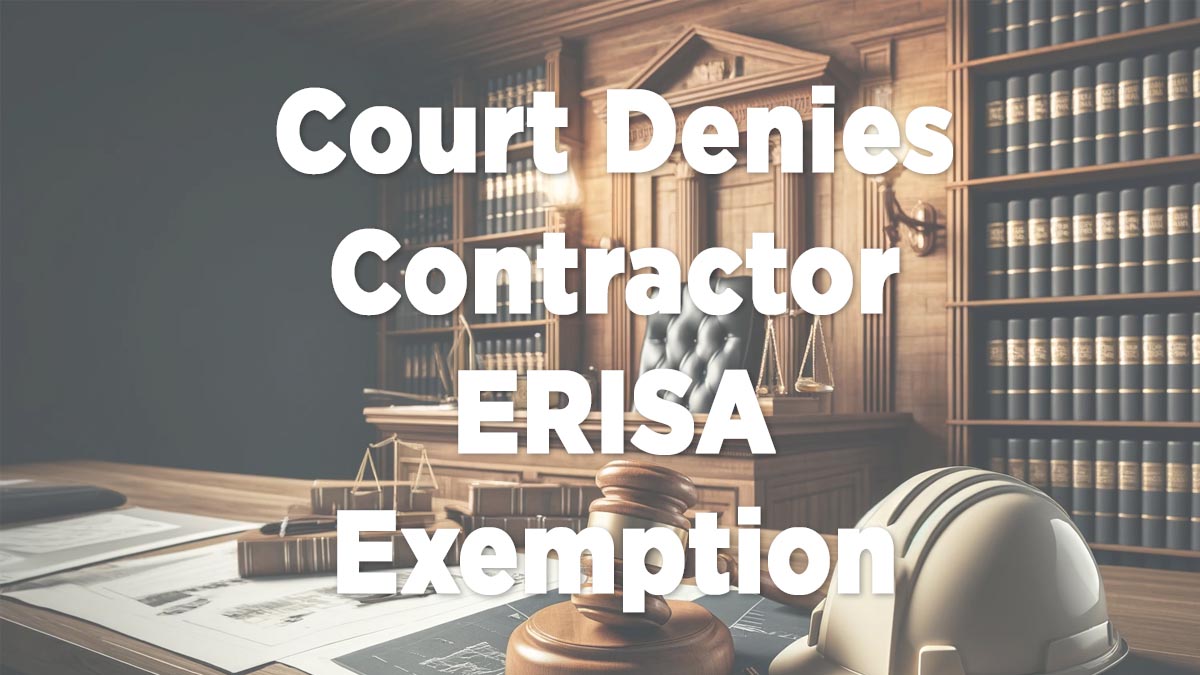When bargaining unit members vote down a negotiated agreement during the ratification vote, contractors sometimes have questions regarding their options. Provided below are Frequently Asked Questions (FAQs) addressing the legal and practical issues surrounding the failure of a negotiated agreement to be ratified by the bargaining unit.
Remember, every situation is different, especially in bargaining. If you have questions about your individual situation, be sure to contact experienced labor counsel.
FAQ#1: Does our negotiated agreement really need to be “ratified” by bargaining unit members?
Typically, yes. Union bylaws frequently require the union’s bargaining committee to negotiate a “tentative agreement” that is subject to ratification by a majority vote of the bargaining unit. Unions typically communicate this to contractors or the union has an established practice of submitting any final deal to members for ratification.
Nevertheless, if there is not an established past practice of the union seeking ratification and the union does not tell the contractor that ratification is a condition precedent to reaching a deal, then the contractor may be able to claim that the “deal is done.” But this would be a highly fact-specific inquiry.
FAQ#2: If the deal is voted down, what happens next?
The short answer is: you don’t have a deal. In bargaining, the rejection of a “package proposal” is the rejection of the entire deal. Thus, there is no agreement between the parties. It’s not uncommon for the Union to seek a return to the table and immediately demand more money to “get a deal done.” They may claim the contractors cannot modify or withdraw from existing tentative agreements (or “TAs”) and must only put more money on the table. This is incorrect.
While parties generally cannot withdraw from TAs without “good cause,” the fact that the union voted down the contract is certainly sufficient “cause” to reexamine areas that the parties previously reached agreement. While contractors should not immediately tear up all existing TAs, there is cause to reexamine what, if any, modifications can be made in order to get a deal done. Contractors are free, as well, to stand their ground and, provided that they are at “impasse,” insist that their position is a last, best, and final offer.
Contractors should be wary of quickly putting more money on the table. In FCA Legal Counsel’s experience, this results in the union more frequently voting down negotiated agreements. Contractors should feel free to stand firm in their offer if they feel they negotiated a fair contract (that was hopefully supported by) the union’s bargaining committee. Contractors should consider making some modifications to their proposals, such as shifting money around in different years, but any changes should not necessarily result in additional costs.
FAQ#3: How do we avoid having our agreement voted down?
Legally speaking, the union’s own bylaws govern ratification votes. Nevertheless, there are some practical steps that contractors can take to help ensure that their tentative agreements are ratified by the Union. First, at or near the conclusion of bargaining, the contractor should add a proposal that includes the “unanimous recommendation” of the contract offer to bargaining unit employees.
Second, contractors who put together a summary of the contract changes (including wage increases) for their owners or managers may wish to provide a copy of the materials to the union’s business agent, so that they can be shared with bargaining unit employees. Typically, it is the union that encourages bargaining unit employees to ratify the contract, but nothing prevents the contractor from providing truthful information about what the parties agreed to as part of negotiations.
Bottom Line
As you can see, there are legal and practical issues that result from the union’s failure to ratify a new agreement. The FAQs above will hopefully help you navigate this difficult issue if it arises.




